Interactions with other medications are a form of medical negligence. A medication error should be avoidable and a doctor doing their job properly should not prescribe medicines that interact with each other.
Your doctor prescribes medication according to your symptoms. They should check your medical records and only prescribe a medicine that will not interact with another one.
The pharmacist must check your medical records at the pharmacy before filling a prescription. A fully-trained pharmacist should notice any interactions with other medications and take action.
Interactions with other medications could affect the health of patients and they could have one of many types of medical negligence claims.
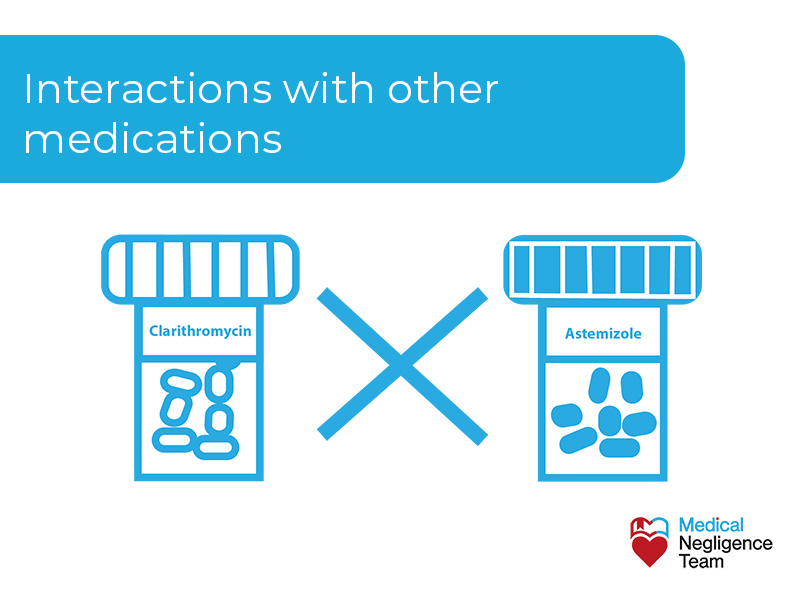
Table of content
What is interactions with other medications?
Interactions with other medications is when a medication prescribed to you by a doctor clashes with one you are already taking.
In layman’s terms, ‘the medicines do not get on’ and should never be prescribed together. If they are you could have one of the many prescription error claims.
In medical terms, interactions with other medications is when a medication is contraindicated against other medications you are currently taking.
If a medication is contraindicated against one you are already taking, it means they should never be used together.
The medical negligence of interactions with other medications
The medical negligence of interactions with other medications is the harm done by a medical professional not doing their job properly.
A doctor issuing you a prescription for a contraindicated medication is guilty of medical negligence.
The GP or hospital consultant would be acting negligently as no doctor should ever prescribe a medication where the interaction with other medicines is likely to cause harm.
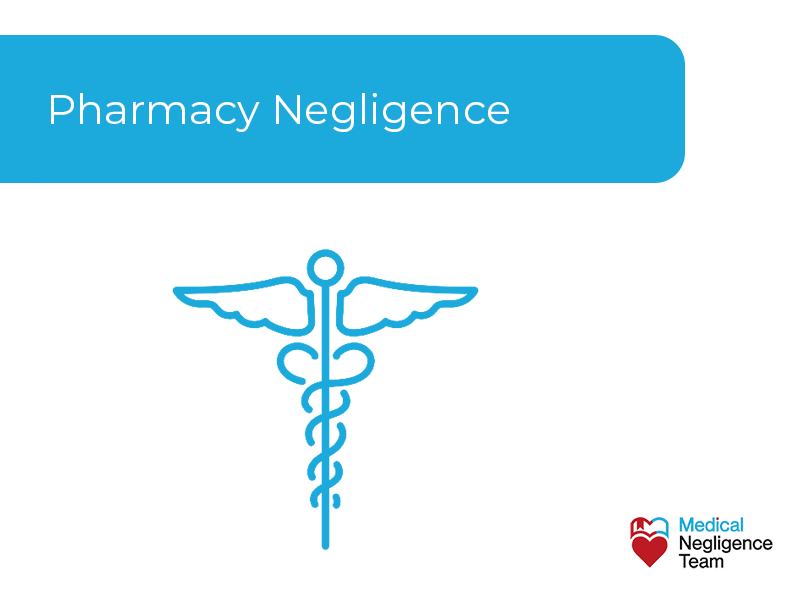
Why are interactions with other medications dangerous?
Interactions with other medications are dangerous because they can have catastrophic consequences. You can become very ill very quickly and may need immediate medical attention.
Common side effects of interactions with other medications are:
Loss of life can happen in the more severe cases of interactions with other medications.
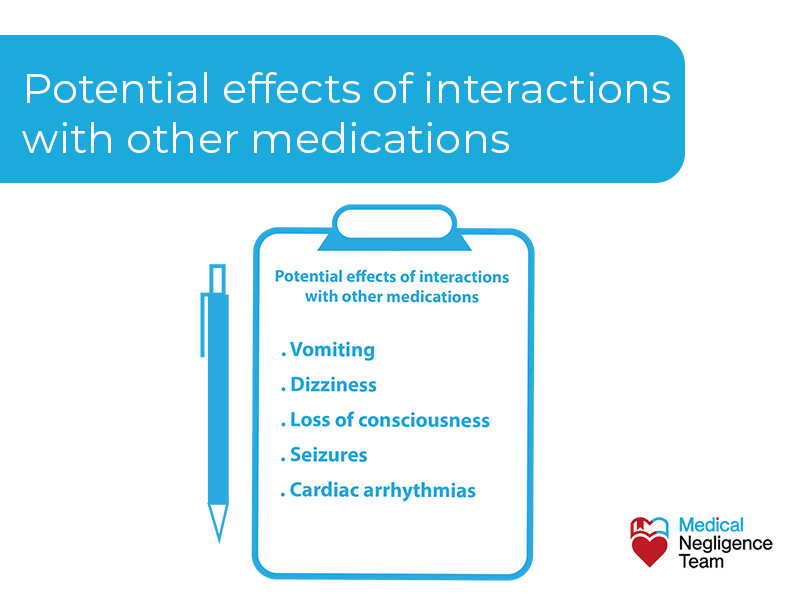
Medications should never be mixed
Medications which should never be mixed are known as medications which are contraindicated.
You should never be given medications which are contraindicated as the medical error can be catastrophic.
Warning signs on medications
Warning signs on medications may not include specific contraindications, but they may have a caution for interactions with other medicines.
Even if the medicines are not absolutely contraindicated, the patient must be made aware of any warning signs.
A low likelihood of interactions with other medications does not mean it cannot happen.
The doctor or pharmacist must tell you of an adverse interaction
The doctor or pharmacist must tell you of an adverse interaction with other medication or medications so you can immediately seek medical attention.
Failure to inform you of interactions with other medications is medical negligence. You can claim compensation for the drug interactions with other medications negligence
What are examples of interactions with other medications?
Examples of interactions with other medications include prescribing different heart medicines that only make the condition worse or mixing medicines that cause organ failure.
Medical negligence is when the doctor or pharmacist gives you medicines that interact and cause you harm.
You may have a medication errors compensation claim, and your expert medical negligence solicitor will fight that claim for compensation on your behalf.
Clarithromycin interactions with other medications
Clarithromycin interactions with other medications include some severe side effects. If you are taking an anti-rejection drug following an organ transplant, you should never be given Clarithromycin.
Clarithromycin, working together with an anti-rejection drug, can cause kidney failure. If this happens, you will need immediate medical intervention, a prolonged hospital stay and may fall very ill.
You would be due medical negligence compensation for the error by the doctor.
Clarithromycin is contraindicated
Clarithromycin is contraindicated where Astemizole, Cisapride, Pimozide or Terfenadine are already being taken. The interactions with other medications here can affect the heart with what is known as a QT prolongation.
Other known side-effects of the interactions with other medications include cardiac arrhythmias and ventricular tachycardia—serious symptoms which need medical attention.
What are prescribed medications that should never be mixed?
Prescribed medications that should never be mixed include Clarithromycin with any one of Lomitapide, Ticagrelor, Ranolazine and Colchicine.
Warfarin would typically not be mixed with aspirin because of the risk that this could cause bleeding. Beta-blockers and asthma drugs are other examples of heart and blood medications that should not be combined.
A woman with an intact uterus should never be prescribed HRT oestrogen. Every doctor acting professionally would read the woman’s medical records before prescribing HRT oestrogen.
Medications that are mixed and don’t work well together
Medications that are mixed but don’t work well together include Diltiazem and a beta blocker. While there are known interactions with other medicines between the two, doctors may still prescribe them for you.
Diltiazem and a beta blocker must only be used together with extreme caution. There must be close clinical and ECG monitoring, particularly at the start of treatment.
If your doctor does not make this clear to you and fails to do the close clinical monitoring, they are guilty of medical negligence, and you can make a claim for compensation.
Who is at fault for interactions with other medications negligence?
A medical professional is at fault for interactions with other medications negligence. The healthcare professional who makes the prescription errors could be a doctor, hospital consultant, pharmacist or nurse.
The medical professional can be at fault when:
It is medical negligence when a medical professional gives a medicine that causes interactions with other medications.
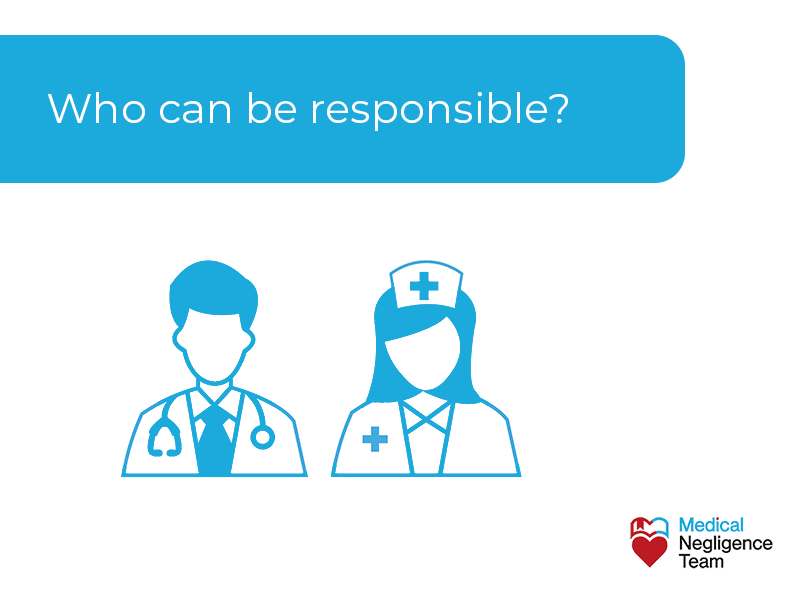
The doctor prescribed the wrong medication
The doctor prescribed the wrong medication when making the mistake of giving you medications which cannot be used together.
Your doctor should read your medical records, review your medications and consult with you before prescribing a new medication.
When a doctor does not read medical records before prescribing a medication, it is medical negligence. Your medical records tell your medical history and what drugs you can and cannot be prescribed.
Prescribing a medication with known interactions with other medications is doctor negligence.
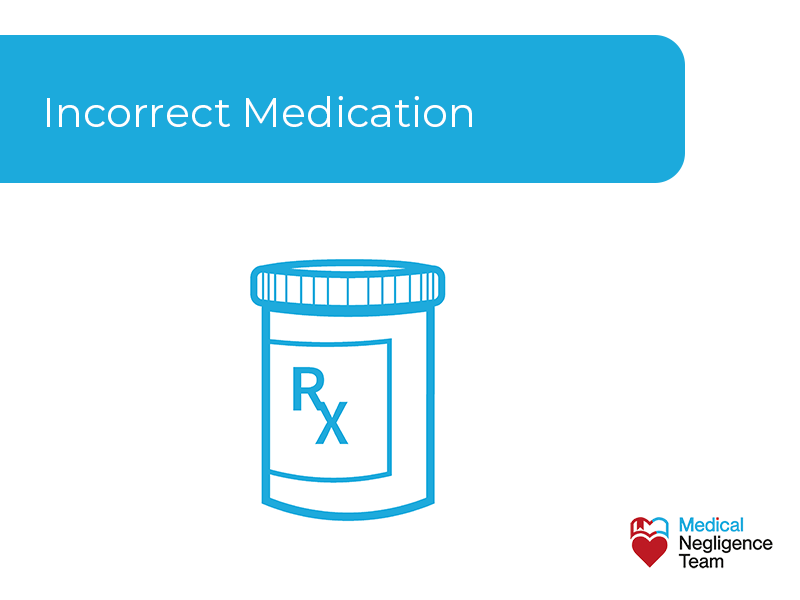
A pharmacy gives a medication with known interactions
A pharmacy gives a medication with known interactions with other medications is serious pharmacy negligence.
If the doctor prescribes you a medication with known interactions with other medications, it is medical negligence.
It is pharmacy negligence when the pharmacy fills that prescription and gives you a medication with known interactions with other medications.
The pharmacy gives you the incorrect medication
The pharmacy gives the incorrect medication to you though the doctor prescribed you the correct medication.
The incorrect medication is contraindicated and has known interactions with other medicines which you have been prescribed.
The pharmacy negligence of giving you the incorrect medication should never happen but it does. The pharmacy ‘buddy system,’ where one pharmacist checks the work of the other one, should catch the error.
A nurse gives you an incorrect medication
A nurse gives you an incorrect medication or an incorrect dosage when doing the medication round, by mixing the medication cups or misreading your notes.
The incorrect medications interact with the other medications you are already taking. The known interactions with other medications can seriously affect your health and be life-threatening.
You can claim compensation against the medical professional who is at fault for the medical negligence. An expert medical negligence solicitor takes the case and gets you the compensation you deserve.
What are the common symptoms of taking medications that don’t interact well together?
The common symptoms of taking medications that don’t interact well together vary from minor illness through to death. You may experience the symptoms immediately, or it could be some time before you fall seriously ill
Often the mistake will be realised when you seek medical attention for any symptoms you are experiencing. A doctor will likely review your medications and your medical notes.
The doctor will notice that you have been prescribed medications with known interactions with other medicines. The medications are either contraindicated or require close monitoring due to the interaction between the medications.
The side effects of taking a medication with known interactions with other medications can involve hospitalisation and death in the most severe cases.
How do I know if I have been a victim of interactions with other medications negligence?
You will know if you have been a victim of interactions with other medications negligence when you begin to experience some of the common symptoms.
In many cases, though, you may not have an idea as to why you have suddenly developed the symptoms.
A doctor or medical professional will recognise the symptoms of you taking the wrong medication and identify the cause of your problems.
When your symptoms turn out to be a result of being given the incorrect medication, you have an interaction with other medications compensation cases.
What should I do if I am having a reaction to my mediation?
If you are having a reaction to your medication, you should immediately seek medical advice. Minor symptoms can become major ones, and you will need the experience of medical professionals.
Contact your GP, NHS 111 or attend A&E when you suffer the effects of taking medication with known interactions with other medicines.
Specialist medical negligence solicitors
Specialist medical negligence solicitors will take your compensation claim for interactions with other medications to the negligent party.
A specialist medical negligence solicitor will know how to fight for the compensation you deserve and all the steps to follow in a claim.
The Medical Negligence Team has the experience to fight your compensation case, and have many examples of interactions with other medications in our case history files.
We can guide you through the steps to making a medication error claim for compensation.
Our Process
Our team members have a higher career win rate with a 75% success rate on NHS letters of claim, compared to an industry average of 54.5%.
Enquiry
The first step is to get in touch and tell us what went wrong. It’s free and easy. Call our 24-hour helpline: 0800 246 1122 or request a callback here.
Medical Evaluation
Once you have spoken with our team we’ll let you know how we can help. Typically the next step is to obtain your medical records for us to review.
Legal Letter
Once all your medical records have been received they will be reviewed by a medically & legally qualified member of our team. If there is evidence of negligence we will send a letter of claim to the negligent party outlining your compensation claim.
Contact us
Contact us at Medical Negligence Team if you need to make a compensation claim for medical negligence. People claim compensation when they suffer from taking a medication with known interactions with other medications.
Always use a No Win No Fee medical negligence solicitor. At the Medical Negligence Team, we operate a 100% Compensation Guarantee, along with the No Win No Fee policy, so you will get every penny of the money awarded.
We are very successful at what we do so you will receive all the compensation money very quickly.
Contact The Medical Negligence Team today for all your medical negligence needs.


